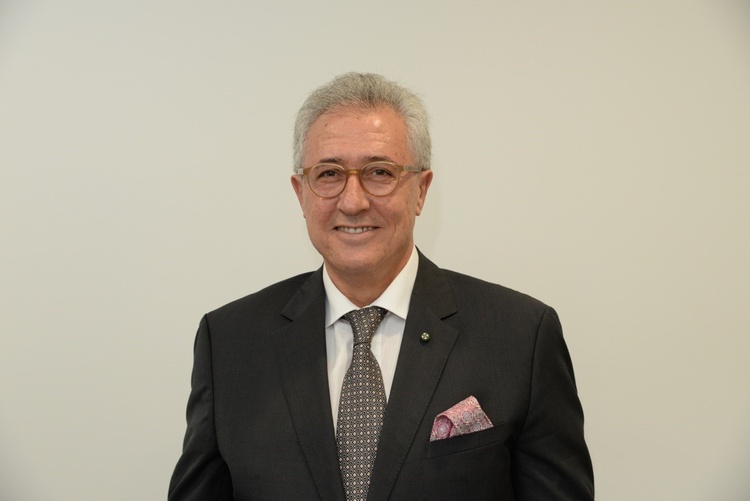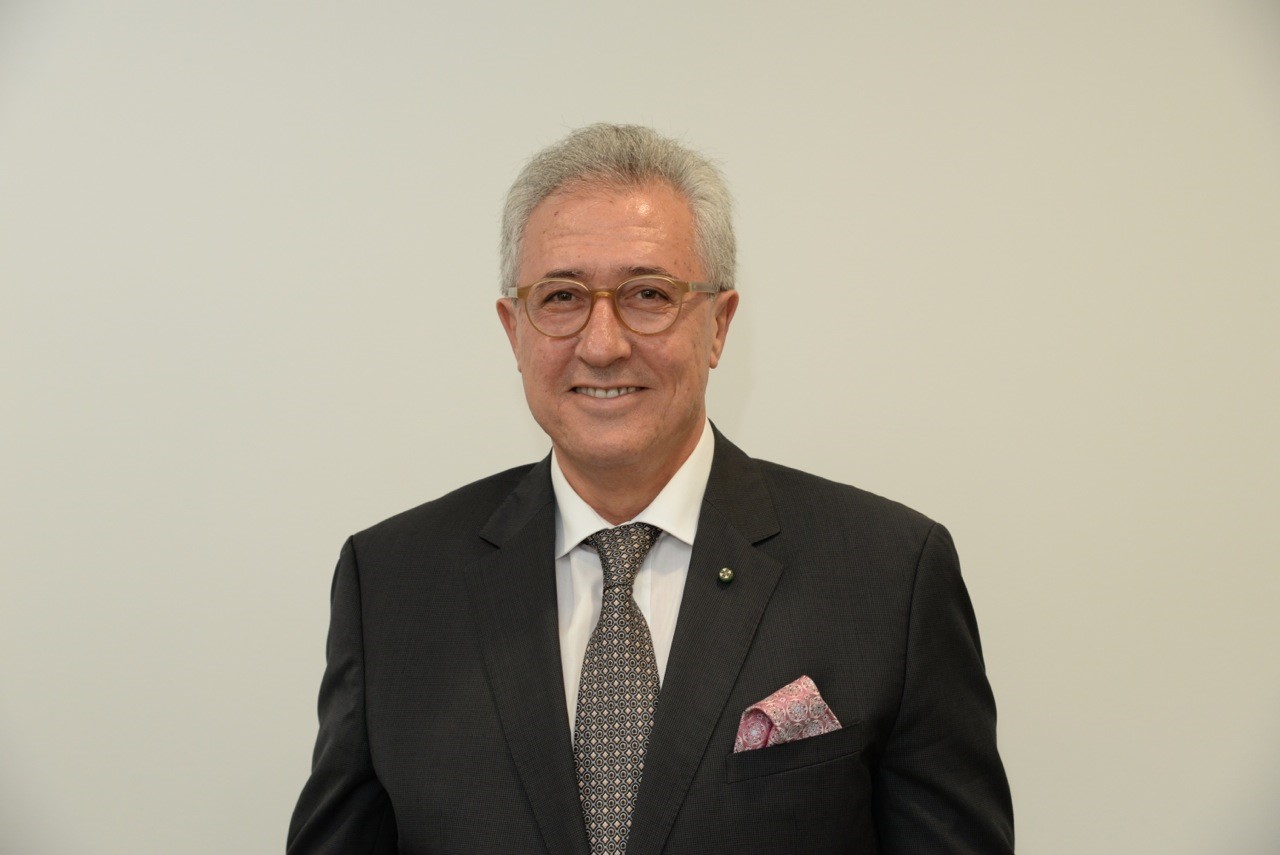By now, Mr Giacobbe is a seasoned politician who knows how to deal with the various Senate Committees, as well as tactical options and disputes within the Democratic Party (PD).
Running in this election without former fellow party member, Marco Fedi, Mr Giacobbe claims to be reasonably satisfied with his first five years in the Senate.
“We’ve done a lot, considering the financial crisis which hit Italy in 2013,” he claims.
“But there is still much unfinished work that I would like to complete in collaboration with both elected colleagues abroad and other MPs, to attain even more positive outcomes.”
The senator points out that when he was elected in 2013, Italy was on the brink of financial and economic despair.
However, figures show that the nation recovered in 2017-18, especially in terms of its reputation in Europe and on the international stage.
Mr Giacobbe claims that if things go well for Italy, it will mean more resources available for Italians around the world.
He emphasises, for example, the positive results on consular services: not only was the closure of consulates in Brisbane and Adelaide avoided, but diplomatic networks have also been strengthened.
The senator also underlines that MPs elected abroad played a crucial role in preventing the 80 per cent reduction in funding of resources related to the dissemination of the Italian language and culture, thus reversing a negative trend by establishing the principles of governance structures policies, already outlined in the budget and set to be reconfirmed in the coming years.
Mr Giacobbe named three main themes which we need to focus on in Australia: the youth; the elderly; and information sharing.
In relation to young people, he favours the development of policies which allow for more effective exchanges between Italians and Australians in long-term programs that take into consideration the internationalisation of businesses and the skills sector.
When it comes to the elderly, whose welfare is the responsibility of the country in which they reside, he recommends looking at the Italian food culture, both in home assistance and aged care facilities, as well as the use of Italian music therapy.
“We are supporting a proposal that the Embassy of Italy in Canberra is promoting between the Italian and Australian governments,” he explains.
“This proposal would allow Italian-speaking caregivers to come to Australia on special visas and provide assistance in aged care centres.”
A member of the Committee for Finance, Industry and Economic Development, Mr Giacobbe highlights the great potential between the two nations regarding economic and financial exchanges.
“Diplomats should encourage Italian companies to invest in projects which will give them legitimacy in the territory they operate,” he says.
“One of the constraints Italian companies face is that they execute a project abroad and then leave, while the Anglo-Celtic mentality in Australia allows for the acquisition of the right to ‘citizenship’.
“For example, if we wanted to set up an academic chair of Italian in an Australian university or establish a bilingual school, nothing prevents Italian companies already active in Australia from contributing to these initiatives; they become integrated citizens of society, enabling them to return and undertake other projects.”
On the longstanding issue of citizenship, Mr Giacobbe mentions the proposal of a budget law for 2018 for the temporary reopening of the terms of the 1992 law - the terms relating to the reacquisition of citizenship.
Mr Giacobbe adds that the third matter to focus on is how to relay information from Italy to Italians abroad via platforms other than the likes of Rai Italia.
“Today, with all of the digital platforms available, we should provide access to all Italian information sources around the world, at a lower cost than that of Rai Italia,” he states.
As the PD seems to fall behind in the lead-up to the election, Mr Giacobbe hopes that the election results won’t reflect current opinion polls, as was the case with Brexit and the US elections.
“[I hope] that in the privacy of the polling booth, voters remember that the PD government saved Italy from a crisis, allowed Italy to grow, and will allow Italy to continue to grow,” he says.
Mr Giacobbe proudly recalls voting in the Senate on questions of social justice, such as the living will and civil unions.
He also stresses that an eventual vote of confidence for a coalition government comprising the centre-right will depend on the political conditions at the time.
He concludes by saying that there have been times in the past when it was necessary to “hold one’s nose”…












